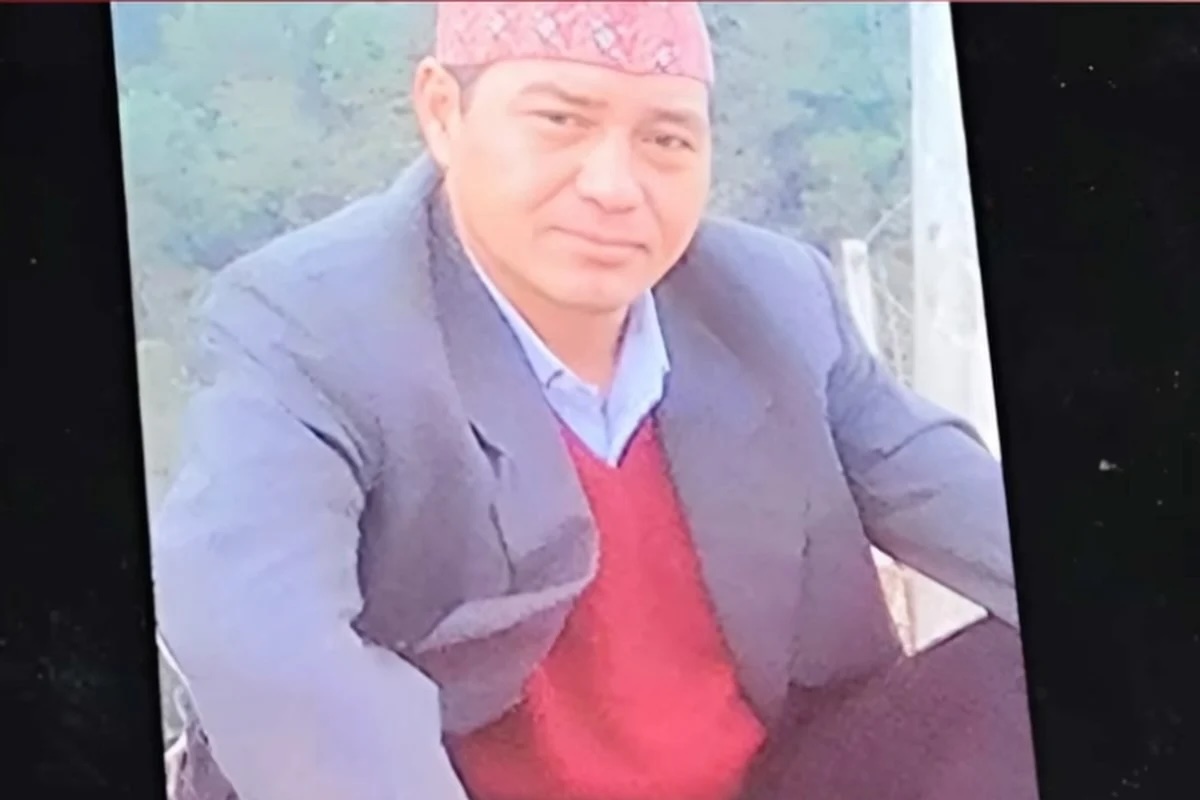Japan Faces Outcry as Court Awards Damages in Nepali Man’s Death

Japan’s handling of police restraint has returned to scrutiny after updated reporting from the Mainichi and Asahi newspapers confirmed that the Tokyo High Court has ordered the Tokyo metropolitan government to pay 39 million yen in damages to the family of Arjun Bahadur Singh, a Nepali citizen who died in 2017 while in police custody. Singh, who was 39 at the time, had been arrested in Tokyo on suspicion of possessing a credit card that was not his. According to the Mainichi, police restrained him with a belt and rope binding his wrists and knees for roughly two hours after officers described him as becoming violent inside a detention room. The Asahi reported that Singh lost consciousness during questioning at the Tokyo District Public Prosecutors Office before being taken to a hospital, where he was declared dead.
In 2023, Singh’s family filed a lawsuit against both local and central authorities seeking 61.8 million yen in compensation. The Tokyo District Court determined that police used an unreasonable level of force and further ruled that officers had acted illegally by delaying his transfer to a medical facility. Despite these findings, the lower court awarded only 1 million yen, citing Nepal’s legal standards for comparable cases as the reason for limiting compensation—an interpretation Singh’s family and their lawyer criticized as lacking legal basis.
The High Court overturned that cap on Wednesday, emphasizing through Judge Maki Aizawa that cross-border comparisons of compensation frameworks were inherently difficult and that strictly applying such limitations risked undermining human-rights protections. Both courts, however, concluded that Japan’s central government bore no legal responsibility for Singh’s death, assigning liability solely to the Tokyo metropolitan government. After the ruling, Singh’s wife conveyed through attorney Ryutaro Ogawa that she hoped no one else would endure the suffering her family experienced, while Ogawa welcomed the decision as a fair correction of the district court’s earlier judgment. Tokyo police officials told reporters they would review the ruling before deciding how to respond.
The case echoes wider concerns about Japan’s treatment of foreign nationals in detention, concerns that intensified after the 2021 death of Sri Lankan detainee Wishma Sandamali in Nagoya, whose family has also sought compensation from the national government, alleging medical neglect. According to the Immigration Services Agency, eighteen foreign nationals died in detention facilities between 2007 and 2023.
As Singh’s family moves forward with a ruling that dramatically reshapes their legal fight, the judgment deepens the conversation over accountability and the standards governing police and immigration detention in one of Asia’s most influential democracies.



